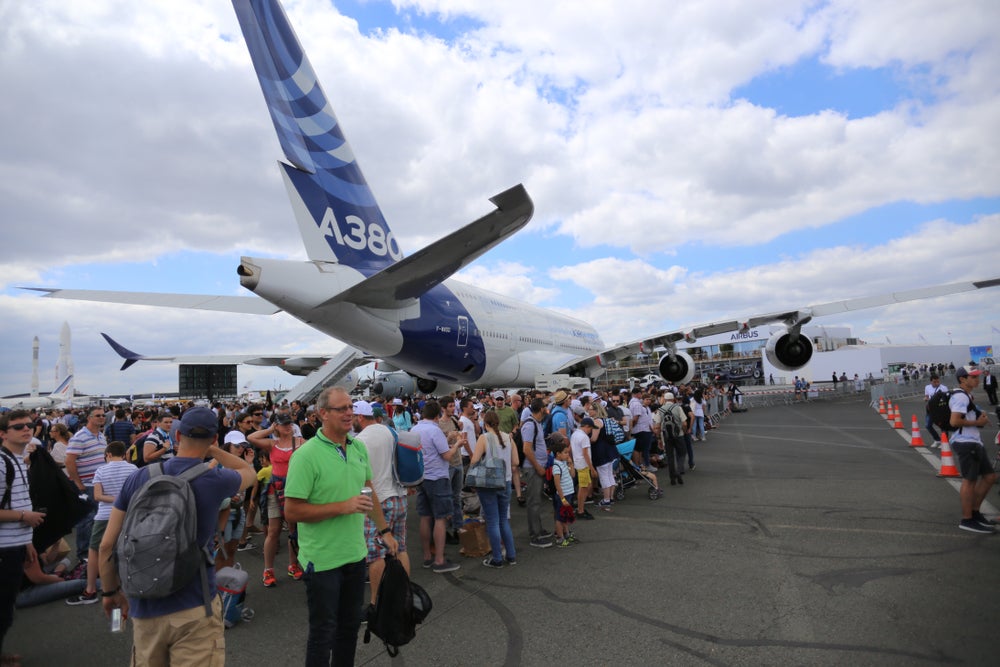
TotalEnergies has announced a new target to produce 1.5 million tonnes (t) per year of sustainable aviation fuel (SAF) by 2030, which is expected to amount to 10% of the world’s SAF market by that year. The fuel will be manufactured in production units based in Europe, the United States, Japan and South Korea, not including those already established in France.
The company predicts that it will produce 500,000t of SAF per year by 2028 across all of its production units. “TotalEnergies is taking action to meet the strong demand from the aviation industry to reduce its carbon footprint,” said Patrick Pouyanné, CEO of TotalEnergies, in a statement.
“Sustainable aviation fuel is essential to reducing the CO² emissions of air transport, and its development is fully aligned with the company’s climate ambition to get to net zero by 2050, together with society,” he added. The announcement comes as the Paris Air Show takes place this week, the largest event dedicated to the aviation industry.
SAF produced by TotalEnergies largely comes from used cooking oil and is produced in repurposed refineries.
SAFs currently account for just 1% of global aviation fuel consumption, despite playing a key role in the aviation industry’s decarbonisation strategy.
According to the International Air Transport Association, SAFs can reduce the carbon emissions of commercial aviation by up to 80%.
TotalEnergies is conducting a €400m ($437m) conversion of its Grandpuits Zero-Crude reinfery, which will produce 210,000t of SAF per year from 2025 using cooking oil and animal fat.
The company has already begun co-processing SAF from cooking oil at its Gonfreville factory in Normandy, where annual production is due to reach 40,000t by 2025.
It has also conducted a €340m project to convert its La Mède refinery into a biorefinery.
Last month, Boeing CEO Dave Calhoun issued a blow to the growing SAF industry when he told reporters that SAF will never be as cheap as fossil-based jet fuels. He added that the price point may affect uptake in the industry.



